Dear Friends,
Many of us may have thought that once the coronavirus crisis was over, the nation and the economy would come back quickly. After the first few weeks, we now realize that there will be no quick return to "normal" life, but there is hope for managing the outbreak now and in the long run.
Exactly how the pandemic will end depends in part on medical advances still to come. It will also depend on how individual Americans behave in the meantime. If we are careful and protect ourselves and our loved ones, most of us will come out of this just fine. If we aren't careful, we may have a whole lot more trouble ahead.
Listening to the public health experts, we are hearing:
The virus can be kept in check, but only with physical distancing and much more testing. Medical experts are working on different kinds of treatments and a vaccine. There is great hope that vaccines will be available to prevent us from ever getting the illness.
The stay-at-home orders will likely be ending in gradual steps. Putting safety first could mean reopening only after the number of coronavirus cases has gone down for a period of 14 days, we are able to figure out almost all of the contacts of infected people so that health care workers can reach out and test them for the virus, infections of health care workers are under control, and many other important goals.
We don’t know exactly what will happen, but we do know that there is a big effort underway to try to contain the spread and lessen the effects of the virus. Meanwhile, we are all in a national emergency together. And we have been asked to reduce our interactions, distance ourselves, and–in many cases—stay at home.
We also know that isolation and feeling powerless are the perfect storm for getting depressed. You may be worried and depressed and think that there is nothing to be done. How can you cope with this period of being housebound?
Accept Your Feelings We may feel like we can't deal with our sad feelings and that we ought to be coping better. This is like feeling bad about feeling bad. It is normal to feel anxious, helpless and overwhelmed when dealing with a disease that has yet to be controlled. This is a trauma. We are all afraid of bad things happening to people we know and to ourselves. It's OK to feel bad. But you are also still free to do what you can to feel less bad—even to feel better at times. So let’s work on what we can control and accept that we cannot control everything.
Increase Your Feel Good Activities Whether it's talking to your friends and family members, going for walks, journaling, painting, listening to music, writing letters to friends and family, dancing, taking turns caring for kids, doing a puzzle, baking or watching Netflix, now is the time to increase positive experiences in your daily schedule.
Physical Distancing Does Not Mean Social Isolation Reach out to others and offer support, empathy, and, if possible, some kind of help. Stay in touch using technology such as joining an online support group, video chat, Face Time, Zoom group calls, and texting. Personal relationships are critical.
Bonus: Look At This As Free Time You probably are familiar with the feeling that you never have enough time to do what you want to do. But now you have plenty of time. Of course, realistically you won’t be able to do a lot of things that you have enjoyed in the past. But you can choose what you want to do for a few weeks. We don’t really know, of course, how long we will need to do this, but this is your time to do what you want to do. So, use it wisely. Feeling bummed and worrying will not help. Get back to your list of things to do. Do them, one at a time.
Challenge Your Hopelessness We need to take this pandemic seriously because many more people will get sick and some may die. Though we don’t know what our future might be, the chance of any one person dying from this is very small. Rather than trying to predict the future, try to focus on today and next week. Try not to predict what life will be like in a couple months. We know that things are improving in a lot of places, including Vermont!
We are available for support around parenting issues. Call the Vermont Parent's Helpline at 1-800-CHILDREN (800-244-5373) for questions about parenting or if you would like to join an online support group or parenting program. Check out our "COVID-19 Parent & Caregiver Guide" and other resources on the PCAVT website (https://www.pcavt.org/). If you feel afraid of anyone in your household, call 911 for immediate help or the Network Against Domestic and Sexual Violence at 1-800-228-7395 or Sexual Violence Hotline at 1-800-489-7273.
Remember, we will get through this TOGETHER!
Thank you for all you do to keep our communities healthy!
Sincerely,
PCAVT's Family Support Programs Team - Steve Ness, Heather Niquette, Cindy Wells, Amber Menard, and Cindy Atkins

